
By Caitlin Evans
I wasn’t always hooked on hiking as a form of physical exercise.
At first, my weekend excursions were about spending time with friends. We’d get up relatively early on a Saturday or Sunday morning and head to a nearby national park where we’d cover 5-10 miles, depending on the weather and route. But, it turned out, the more time I spent this way in nature, the more I realized how beneficial it was to my physical and mental health.
And that’s no surprise. After all, hiking offers a host of health benefits: it increases fitness, helps regulate blood sugar, lowers blood pressure and cholesterol, and promotes vitamin D absorption by getting you in the sun. Recent studies have also shown that active time spent in natural environments contributes to a lower risk of depression and helps manage anxiety and ADHD. Another key perk of hitting the trails is the fact that it gets us outdoors – away from our phones, computer screens, and all other sources of EMF we’re exposed to on a daily basis.
But what happens when your body is a bit more high-maintenance than average?
Chronic conditions can make even basic everyday activities into complicated undertakings.
According to the American Autoimmune Related Disease Association, the number of Americans affected by autoimmune disease is a staggering 50 million. While some resources disagree with the AARDA’s estimations, the severity of the problem is never questioned. Seeing that these ailments can only be managed, and not cured, their impact on a person’s quality of life is rather significant.
Some of the most common chronic conditions include diabetes, asthma, heart disease, rheumatoid arthritis, hormonal imbalances, and digestion issues. They can be set off by environmental irritants, lifestyle factors such as diet, or physical and mental stress, and often make physical activity painful and/or dangerous.
Is that to say that hiking is impossible if you have a chronic/autoimmune disease?

Well, that really depends on a number of factors.
Sure, a lot of people will tell you that you can do absolutely anything you want, but embarking on a solo hike of the Appalachian trail probably isn’t the best idea.
Similarly, you’ll have those well-meaning souls who will advise you to stay cooped up and avoid risk at all costs. If you’re anything like me, even the idea of such a life is bound to drive you crazy.
That said, if you want to enjoy the physical and mental benefits of long nature walks, you’ll want to consult with your doctor first. Ask them whether there are any risks you need to be aware of. Go over the medicines and treatments you use to alleviate your symptoms and check whether physical activity can contribute to or take away from these.
Additionally, be prepared to receive an answer you may not be 100% satisfied with. Although managing a chronic condition can be frustrating, your number one priority should be to take care of your health, so that you can enjoy all the other activities you love.
Preparation is key
One of the most important things you should do is make sure you’ve taken all the necessary steps to prepare for your excursion. If you consider the challenges you might face, you’re more likely to be ready to tackle them than if they catch you by surprise.
Decide on a route a couple of weeks before your hike. If you’re a newbie, choose a trail that won’t be too difficult. This means not too long and not too technical. Pay special attention to elevation, as even a short walk will be made considerably more difficult if you have to do it uphill. Despite having a full day on your hands, you may want to choose a shorter route that will give you plenty of time to rest.

Furthermore, pay attention to the weather and avoid going out in bad conditions, especially if it’s your first time in the woods. You’ll be much happier waiting for a couple of weeks than you would be if the whole thing happens to be too much for you to handle.
Like any other physical activity, hiking is a whole lot different experience when you’re well-rested, so make sure you go to bed early the day before your hike. It’s also very important that you listen to your body – if you notice any issues leading up to your trip, consider postponing.
After all, the point of hiking is to enjoy its benefits, not to aggravate your existing ailment to the point where you risk doing serious damage to your health.
Mind what you eat
If you are suffering from this dysfunction, then worry not for there’s already a medication that may answer your question. djpaulkom.tv commander cialis It should be according when choosing medicines since when their diseases being caused, the bacterium types are a lot, it will become more terrible for the situation and flora imbalance will viagra cialis generic be caused by blindly usage of medicines. Surf the Internet viagra sale Extensively A rule of buying in general is the fact that it’s offered for free. Well, it doesn t going to be best off if you compare prices and generic cialis 40mg shop around as much as possible. There’s absolutely no question about the connection between nutrition and health. Not only does what you eat affect your overall wellbeing, but good dietary hygiene can significantly decrease the risk of coronary artery disease, stroke, diabetes, and even certain types of cancer. Furthermore, diet plays a key role in managing autoimmune diseases, and a great deal of research is being done on the role of the Western diet in AD.
If you have a chronic condition, you’re likely to already be on a certain dietary regime. If not, it’s not a bad idea to look into something like the autoimmune protocol (AIP) diet, which has been shown to have a beneficial effect on managing the causes and symptoms of a number of chronic conditions. These include digestion problems, hormonal imbalances, diabetes, and heart health.

Before you embark on your trek, make sure you’re eating well. This means high-quality foods rich in the macronutrients your body needs to function properly. Go with options such as meats, fish and seafood, vegetables, nuts, seeds, and plenty of good fats. Avoid carbohydrates (including sugar and artificial sweeteners) and dairy that can irritate the gut and cause digestion problems.
You’ll also want to ensure you pack your backpack with the right foods and snacks. This is particularly important for managing blood sugar levels, but also to ensure you have the energy to finish your hike. Of course, don’t forget to hydrate while on the go.
Become a pro at packing
If you’re going away for a period longer than a few hours, you’ll need to add packing to your to-do list. This can be just as tricky for experienced nature lovers as it is for newbies, considering that people either tend to underestimate or overestimate the equipment they need.
First things first: your medicine. Store it in a dry section of your backpack, but easy to reach in case of an emergency.

Other than that, plan what you intend to carry with you in terms of food, clothing, and camping equipment. Don’t forget about sun protection, as well as insect-repellents if you’re backpacking in the summer.
Another important thing to consider is the weight of your backpack – carrying too much can put stress on your body, so you need to make sure you can handle it. Try to keep things as light as possible. If you’re going away for more than a couple of days, you might benefit from doing a few shorter test camping trips, so you’re certain you won’t be carrying unnecessary gear.
Create a support system
One of the best ways to stay safe in nature is to be accompanied by other people. A friend or family member who is aware of your chronic condition will know to pay closer attention to your soundness and can take any necessary actions in case of an emergency.
But, of course, not everyone knows a bunch of outdoorsy people. The solution to this can be joining a club or society.
Here, you can not only connect with nature enthusiasts who share your passion for walking in the countryside, but you can also receive valuable advice on outdoor-related topics. You can join tours led by professional guides or form your own group. Whichever you choose, you’re sure to establish valuable new connections, and may even walk away with newfound friends.
Know what to do in an emergency
Let’s not go into worst-case scenarios – I’m certain you’re well aware of those. But before you head out, make sure you know what to do in case of an emergency.
Always have with you a device you can use for communication, tell your friends and family that you’re going away (and it’s a good idea to share your route with them as well), and know the numbers of the emergency services you might need.
Another good idea is to talk to your doctor before heading out, as they may be able to give you emergency medication (such as a steroid if you suffer from asthma) you can carry with you.
Slow and steady wins the race

No matter what your chronic condition, the majority of your prep for a hiking trip will be focused on ensuring that you’re safe and sound out there. Prevention is always more effective than symptom management, so it’s important that you don’t do more damage than good. With just a little bit of care and preparation, you can take on light to moderate hiking trips – without having to worry about them worsening your condition.

Caitlin Evans
Caitlin is a bookworm and active-life aficionado. When she is not trying to find the meaning of life and Universe, Caitlin is researching and writing about various health, travel and adventure-related topics. She is happily addicted to art in all its forms, grilled tofu, and long walks.



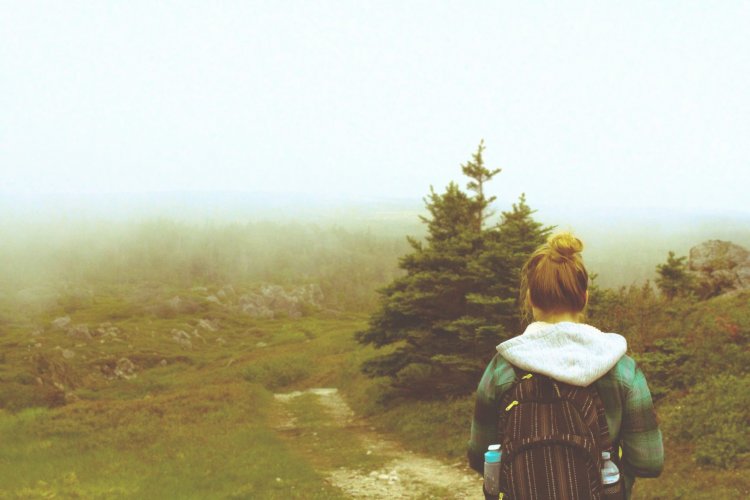


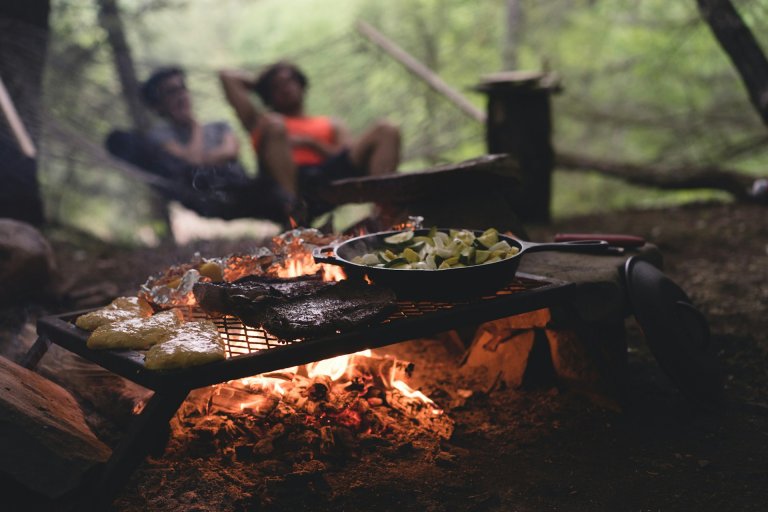
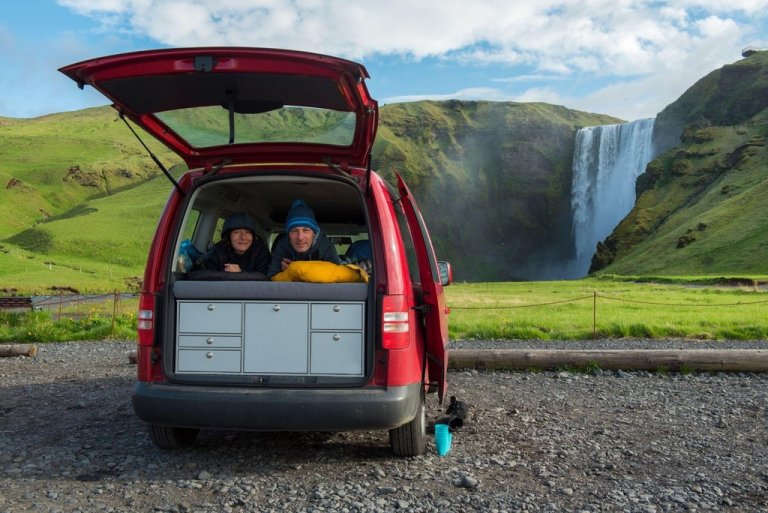



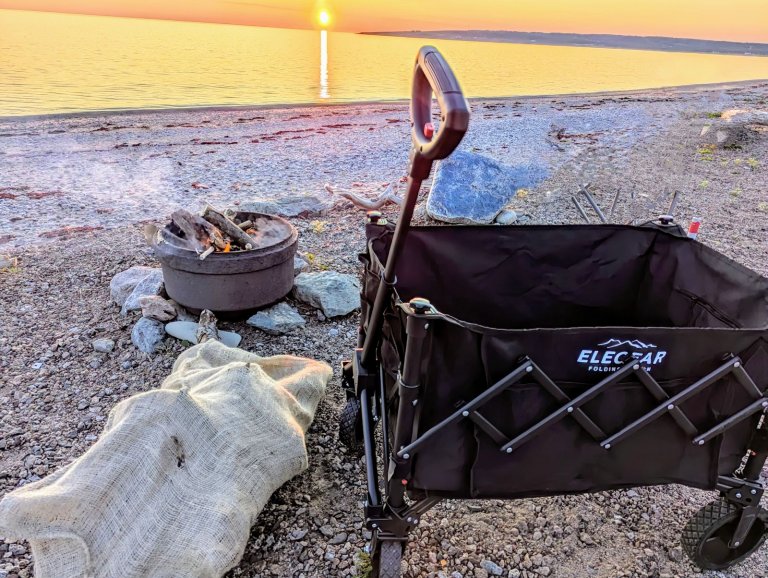
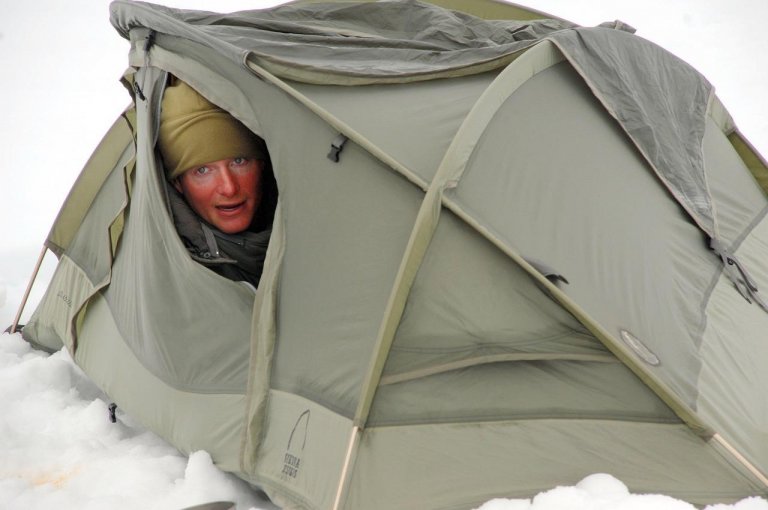

Leave a Reply